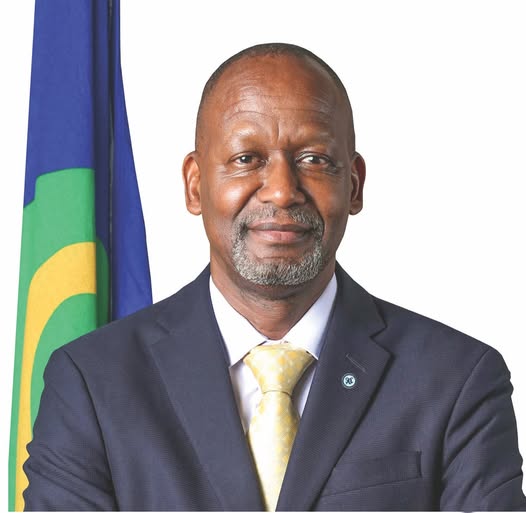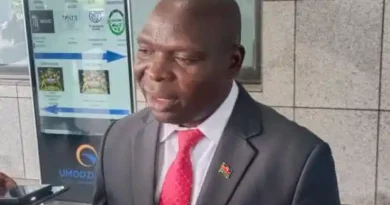SADC Reaffirms Commitment to Food Security and Resilient Agrifood Systems on World Food Day 2025
The Southern African Development Community (SADC) has joined the rest of the world in commemorating World Food Day 2025 under the theme “Hand in Hand for Better Foods and a Better Future.” The call highlights the need for collective action, innovation, and inclusive partnerships to achieve food and nutrition security across the region.
In a statement marking the occasion, His Excellency Mr Elias Magosi, SADC Executive Secretary, highlighted the region’s ongoing efforts to strengthen agrifood systems, promote equitable access to land and water, and ensure that women, youth, and vulnerable groups benefit from sustainable agricultural growth.
“Food and nutrition security remain at the heart of SADC’s regional integration agenda,” said Mr Magosi. “Our collective goal is to build resilient systems that guarantee every citizen access to safe, diverse, and nutritious food.”
Despite progress, the SADC 2024 State of Food and Nutrition Security Report revealed that 67.7 million people across the region remain food insecure, with 23 million children under five affected by stunting and 49 million experiencing child food poverty.
To address these challenges, the SADC Secretariat is implementing strategic programmes such as the EUR 10 million Support Towards the Operationalisation of the SADC Regional Agricultural Policy (STOSAR II), funded by the European Union and implemented with the Food and Agriculture Organization (FAO). The project builds on the successes of STOSAR I by enhancing regional agricultural policy harmonisation, improving data systems, and promoting safe trade and food fortification initiatives.
STOSAR II aims to deepen regional integration by strengthening agricultural information systems for evidence-based planning, safeguarding plant and animal health, improving market access, and supporting inclusive value chain development. These efforts align with the Comprehensive Africa Agriculture Development Programme (CAADP) and SADC Vision 2050, which focus on sustainable growth and resilience.
Mr Magosi also acknowledged the growing pressures facing agrifood systems, including climate change, conflict, and economic shocks. He reaffirmed SADC’s commitment to resilience-building through disaster risk reduction, early warning systems, sustainable land and water management, and the promotion of climate-smart agricultural innovations.
Through collaboration with FAO under the Hand-in-Hand (HiHi) Initiative, SADC is leveraging data-driven tools such as geospatial modelling to guide investments in high-potential areas for irrigation, mechanisation, agro-processing, and trade integration. These initiatives are designed to move the region from crisis response to long-term food systems transformation.
“As we commemorate World Food Day 2025, I urge all stakeholders — Member States, development partners, the private sector, civil society, and communities — to continue working hand in hand,” said Mr Magosi. “Together, we can empower smallholders, prioritise nutrition in agricultural planning, and drive innovation for a hunger-free region.”
He further called on Member States to align their national frameworks with the Right to Adequate Food, integrating it into agricultural, social protection, and nutrition policies.
“Let us reaffirm our shared commitment to a food-secure, resilient, and prosperous SADC region, where no one is left behind,” Mr Magosi concluded.



